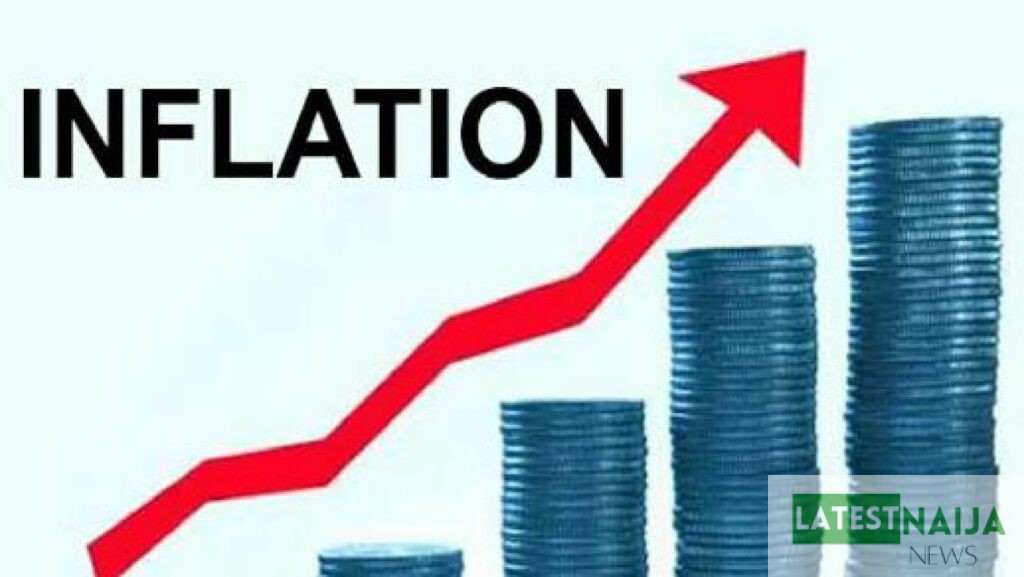Turkey’s annual inflation rate eased to 52% in August, down from 61.8% in July, according to official data released on Tuesday. This marks another step in the country’s ongoing battle against soaring prices, which reached a peak of 85% in October 2022—a decades-long high.
The central bank, which began raising interest rates last year after President Recep Tayyip Erdogan abandoned his opposition to orthodox monetary policies, has been attempting to curb inflation. While inflation had dipped to 38.2% in June 2023, it rebounded to 75% by May before starting to decline again.
In August, the highest price increases were recorded in education at 120.8%, followed by housing at 101.5%, and hotels and restaurants at 67.7%, as reported by the Turkish statistics institute. On a monthly basis, consumer prices in the country rose by 2.5% in August.
Despite these figures, independent economists argue that Turkey’s real inflation rate is much higher than the official estimates, suggesting it has reached 90.35%. Meanwhile, a central bank survey of investors projects that inflation could reach 43.3% by the end of 2024.
In an effort to manage inflation, the government refrained from raising the minimum wage in July, a contrast to the previous two years when wage hikes were implemented.



Comments are closed.